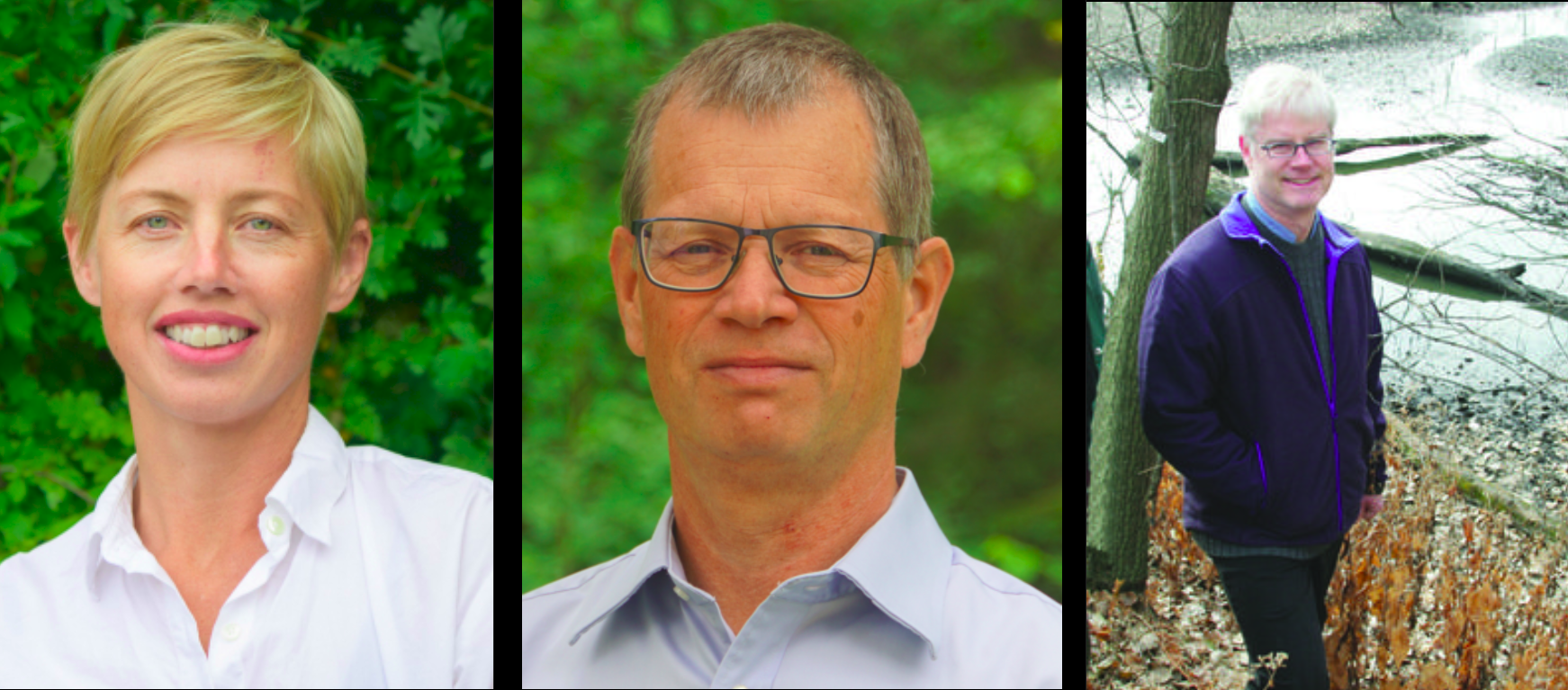Professor Emma Kritzberg from Lund University and Professor Lars Tranvik from Uppsala University are appointed to serve as opponents for the disputation of PhD candidate Lina Allesson. The day before Lina's disputation, both professors and Professor James B. Cotner from University of Minnesota will share their research with the CBA community. We will gather at 13:00 at the meeting room Bikuben in the Kristine Bonnevies hus building on the 3rd of November 2022. This CBA event is open for all interested.
3. November 2022, Bikuben at the KB- house, 13:00 - 14.30
Lars Tranvik, Univ. Uppsala:
Contributions of lakes to the carbon cycle
On lakes in a global context, focussing on the boreal lakes and a major component in the global C-cycle by converting a fair share of terrestrially fixed C to CO2 and CH4.
Emma Kritzberg, Univ. Lund
Drivers of long-term browning
On various drivers linking land to lakes and rivers in the context of browning (increased DOC), focusing the role of forest and the links between DOC and Fe.
James B. Cotner, Univ. Minnesota:
What makes carbon recalcitrant in lakes and oceans? The roles of microbes, light and hydrology
Freshwaters process as much as 6 Pg of carbon imported from terrestrial ecosystems into the aquatic realm plus another 2 Pg from internal production on an annual basis and what happens to that carbon has important implications to the global carbon system as well as the Earth’s climate system. The main fates for organic matter in lakes and ponds are degradation and release as CO2 and CH4, both of which are greenhouse gases. Freshwaters are also excellent systems for burying organic matter in the sediments for decades to millennia and lastly, organic matter can be transformed into new forms of organic matter which can either be more labile to degradation processes or it can be increasingly recalcitrant to those same processes. In this talk, we will discuss key processes leading to recalcitrant dissolved organic matter and the roles of microbes, nutrients, photo-exposure and water residence times.
4. November 2022. Bikuben at the KB-house
Lina Allesson at the Department of Biosciences will be defending the thesis: "CO2:O2 balance in boreal freshwaters in a changing climate" for the degree of PhD.
The trial lecture topic is: "Where, when, and why is organic matter degraded and accumulated?".
* Trial lecture: 10.15, Nucleus, Bikuben, The Kristine Bonnevie building
* Disputation: 13.15, Nucleus, Bikuben, The Kristine Bonnevie building
